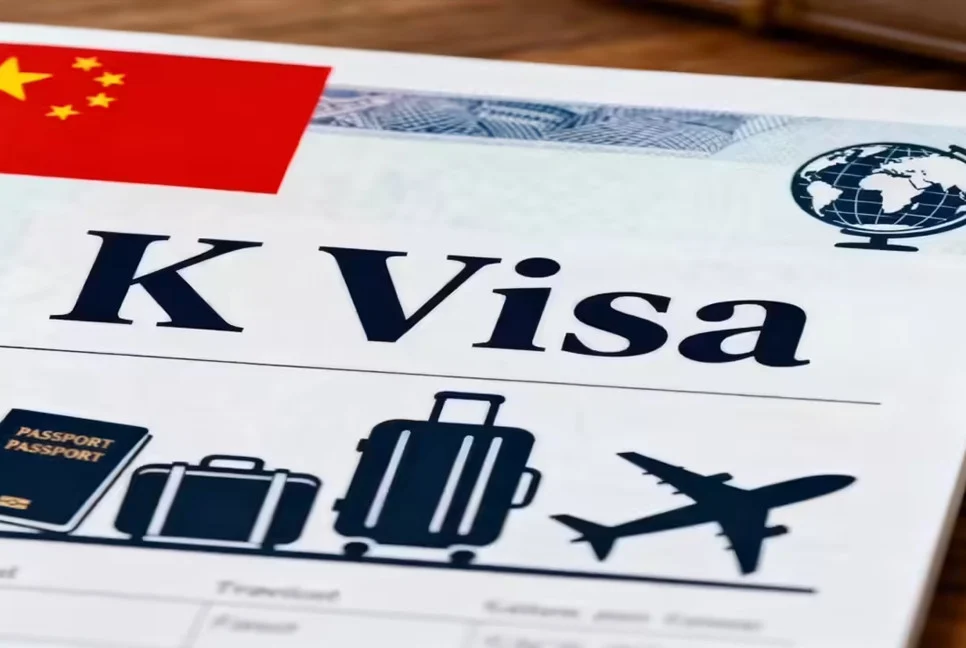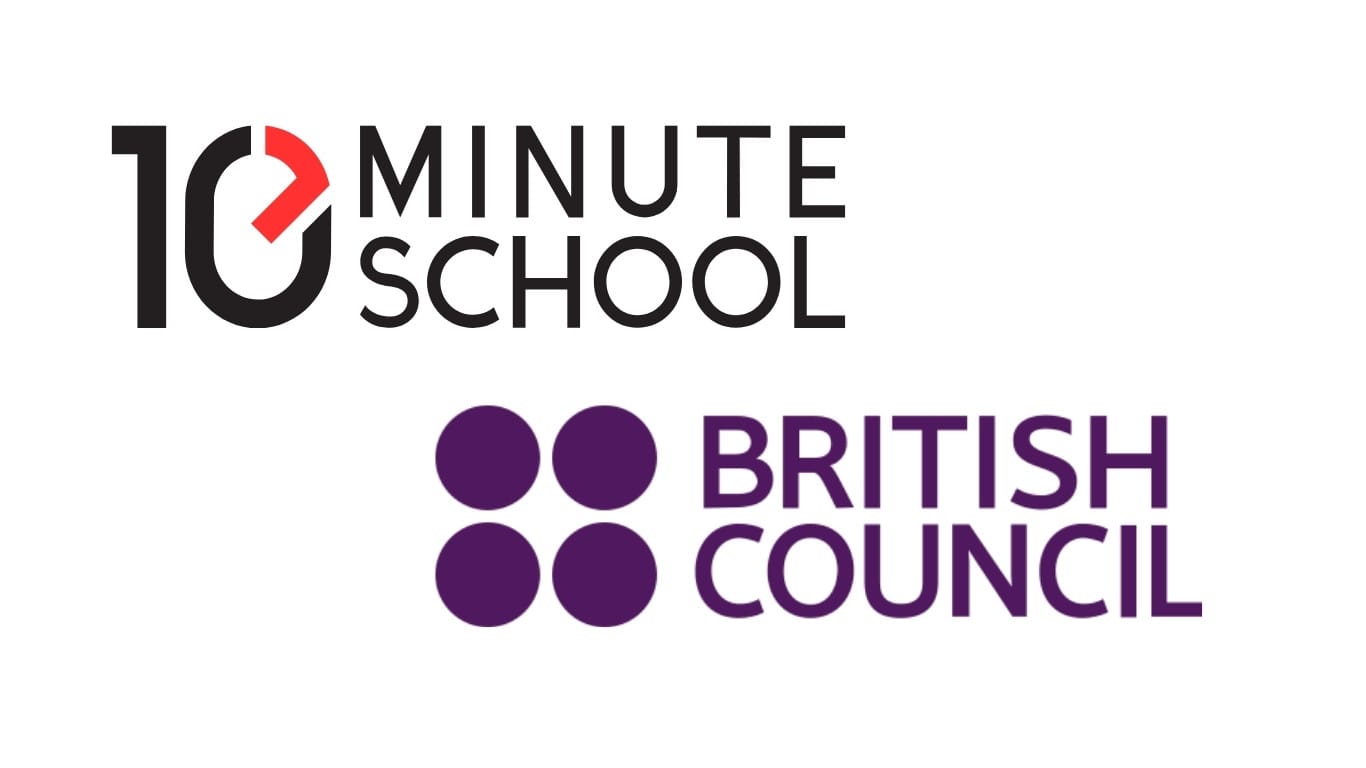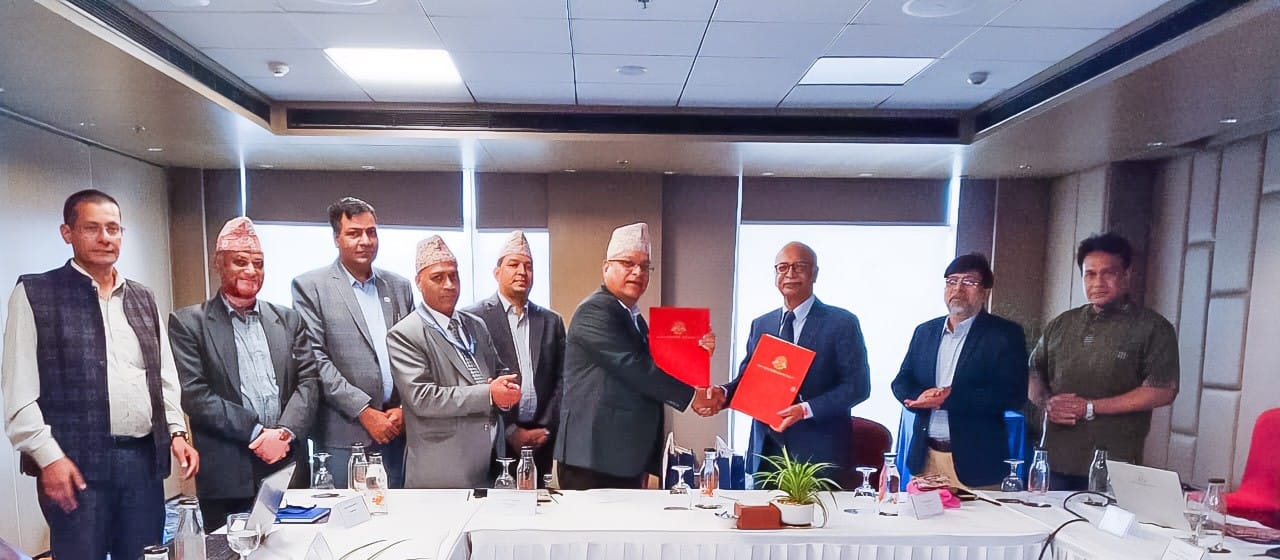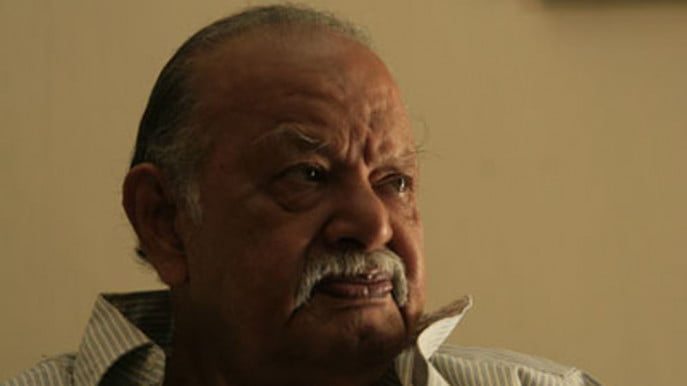
Chinese 'K Visa' can be a milestone for Bangladeshi students

Bangla Press Desk: China has launched a new visa policy named 'K Visa', which is exclusively designed for graduates in specific fields. The fields prioritise the talent souls to contribute to their country, especially in the arenas of technology and innovation.
Initially K visa inspires the students who have graduated from any of the four degrees, including Science, Technology, Engineering, or Mathematics, which are abbreviated as STEM. This will work under the 13th category of the country's existing visa policy.
Greater flexibility, multiple entering options, longer stay facilities, and extended validity periods make this policy unique and attractive to international students or researchers.
China will definitely draw the attention of a strong workforce, which can assist the country in strengthening its position on the global stage.
This new visa policy can be considered a milestone for the Bangladeshi students, especially those who are committed to innovation or research. Bangladesh produces several fresh graduates every year, where the students from the fields of science or engineering often face difficulties due to the limited research facilities in the country.
In fact, the universities and research labs in Bangladesh are yet to provide proficient research equipment or trainers, which hinders talent minds from exploring themselves. As a result, brain drain becomes a common phenomenon in Bangladesh, which further complexities for the limitations on the number of visas in the technologically advanced countries.
Currently, U.S. President Donald Trump is considering tightening the visa policy for international students. He has suggested a 15 per cent visa for the international students, where not more than 5 per cent for any particular country.
This can work as an obstacle in the field of higher study, where Bangladeshi students can also be the victims of this policy.
In this regard, a K Visa can be an alternative solution for Bangladeshi students who want to pursue higher education at any top-ranked university.
As the research and innovation industry is tremendously progressive in China, the K Visa can be a golden opportunity for the STEM graduates of Bangladesh.
Under the policy, the government of China will encourage the graduates to work in a series of fields, which include computer science, renewable energy, mechanical engineering, biotechnology, artificial intelligence, data science, and advanced manufacturing.
As well as fresh graduates, STEM professionals are also allowed to apply for the visa. The graduates from any accredited institution, either in Chinese language or internationally granted medium, are encouraged to apply under this new visa policy.
Dr. Sadman Monsur Jellani is a Gastroenterologist and Research Associate (Colorectal Cancer). He is the Proprietor of Medi-chin ( Medical visa facilitation agency). He said, "I believe in contributing beyond the borders. China's K visa will open new opportunities for Bangladeshis by removing collaboration barriers. As a doctor in China, I value working with Chinese institutions to develop expertise in a world-class environment and also serve to improve healthcare in Bangladesh."
"Because of the Green Channel, I've seen the real impact of cross-border healthcare partnerships. Medical tourism will grow, medical expertise as well, strengthening Bangladesh's regional role", added Sadman.
He further said that China's openness provides Bangladesh access to vast industrial and medical resources, marking a key step forward in opportunity and connectivity.
Several documents will be required while applying for a K visa. These documents include- valid passport, a recent passport-size photograph, a STEM degree certificate, a visa application certificate from the COVA system, a Curriculum Vitae (CV), proof of innovation, financial documentation, and a medical certificate. The documents, which are in Bengali format, must be translated into English.
To apply for a K Visa, a candidate has to go through a series of steps. First, he has to go to the website named cova.mfa.gov.cn. The candidate has to fill up the form, upload the required documents, verify information, and pay online fees through that website. In the next step, he has to face an interview and pay the visa fee if the person can perform well and is selected by the Chinese government. This article was originally published on the Financial Express.
BP/ZE
YOU MAY ALSO LIKE


ULAB hosts Kosovan Ambassador for global talks on education and trade

British Council, 10 Minute School launch English assessment partnership in Bangladesh


IUB signs MoU with Nepal’s Far Western Univ to enhance academic exchange

